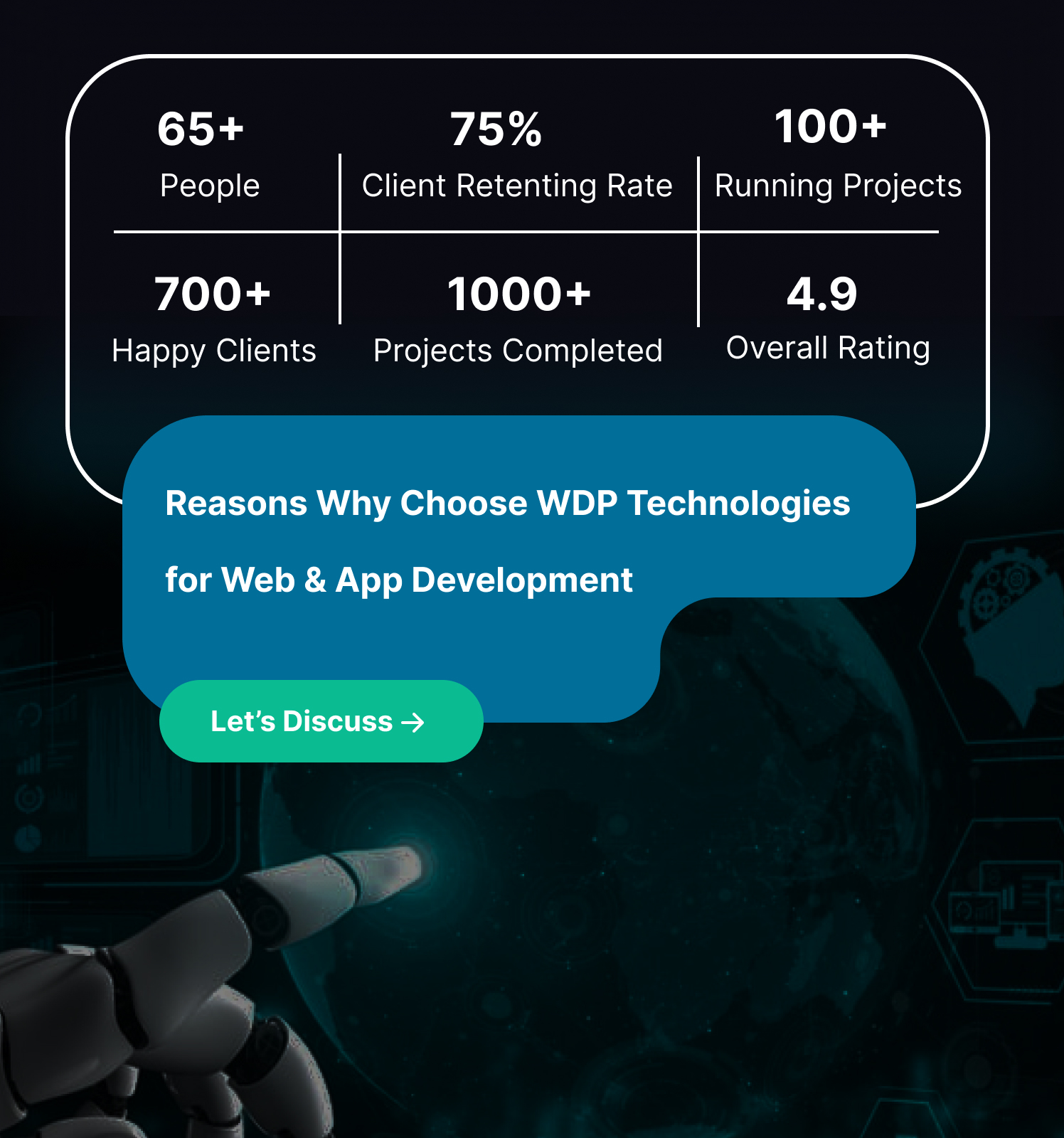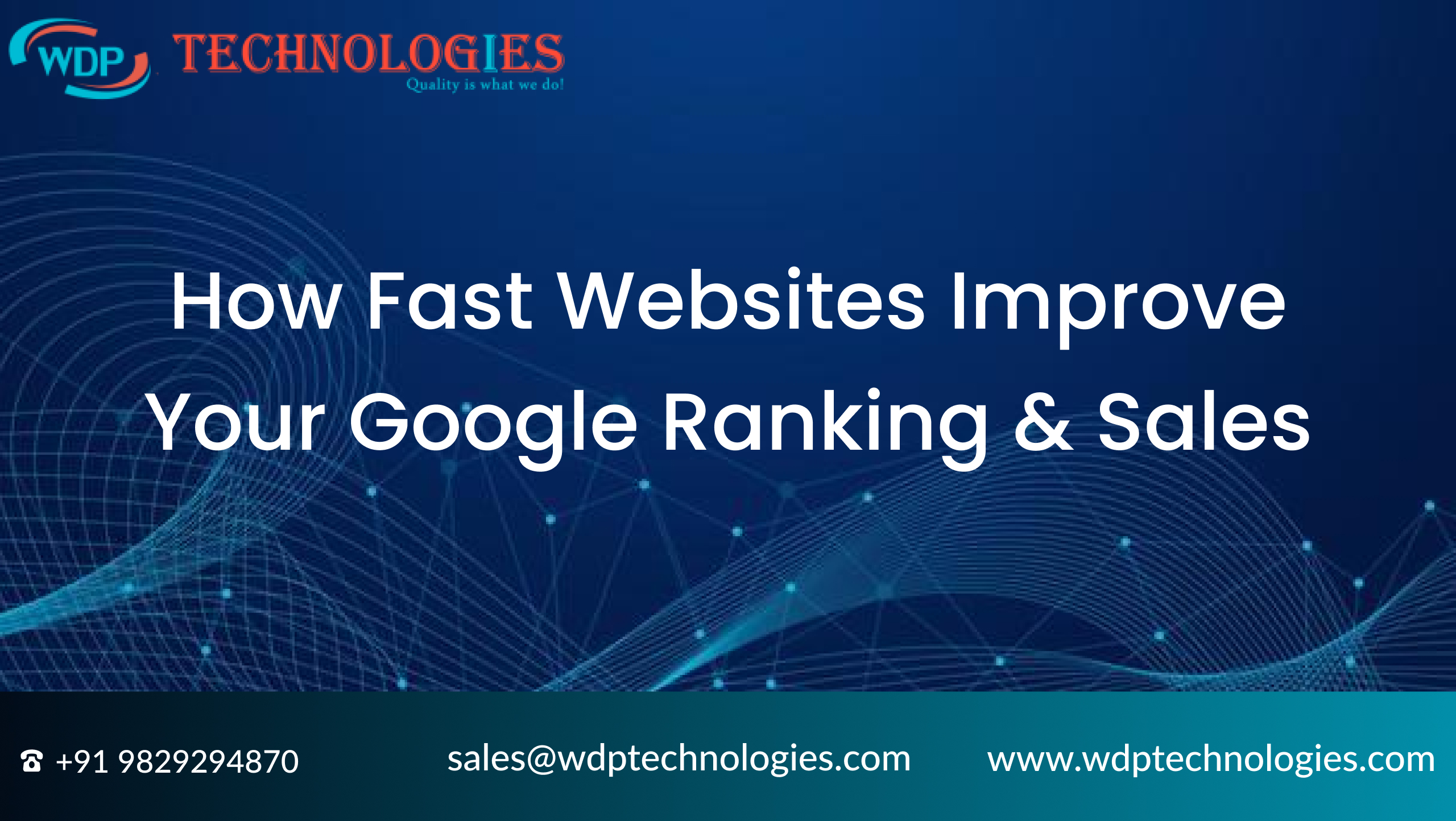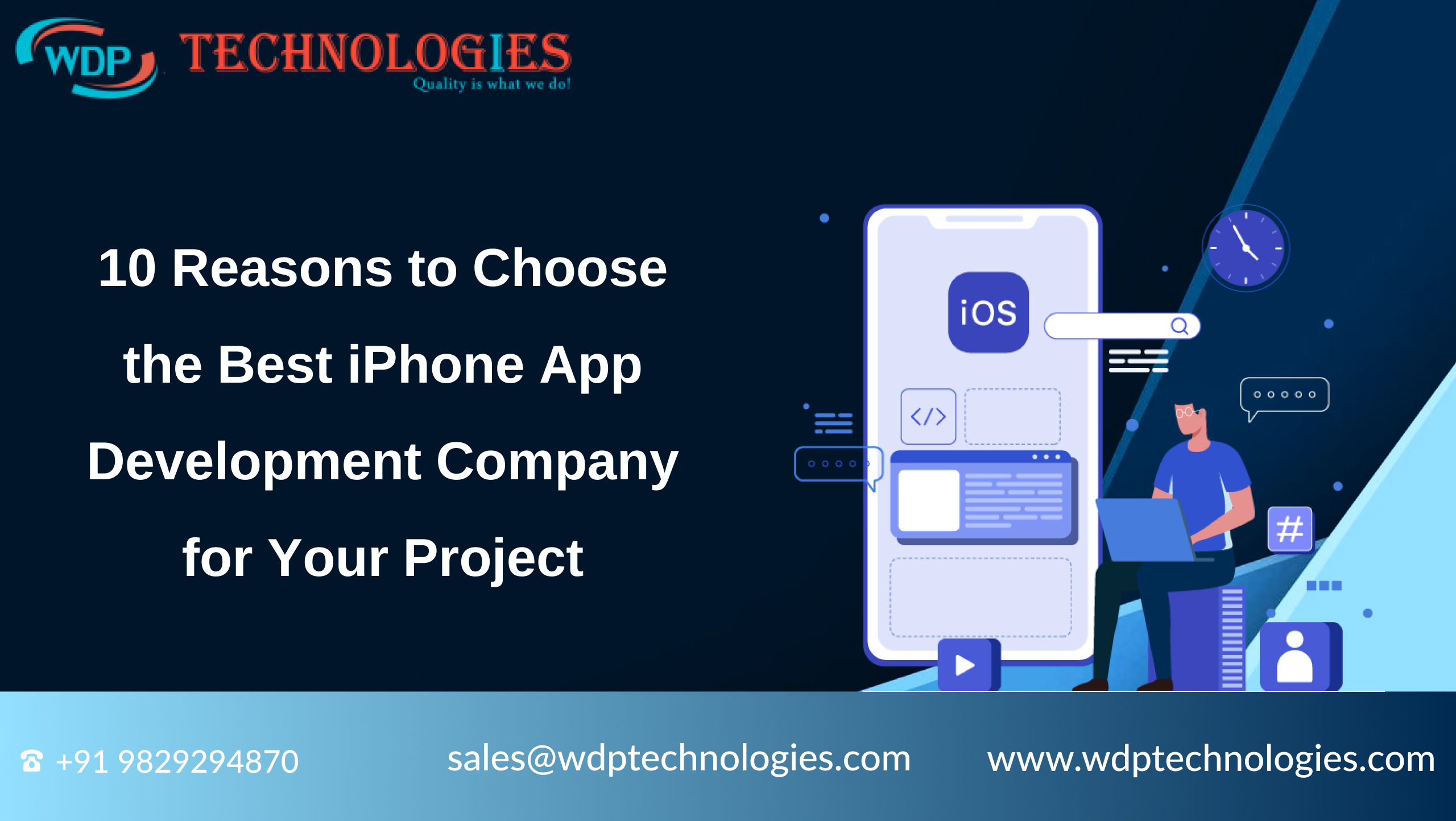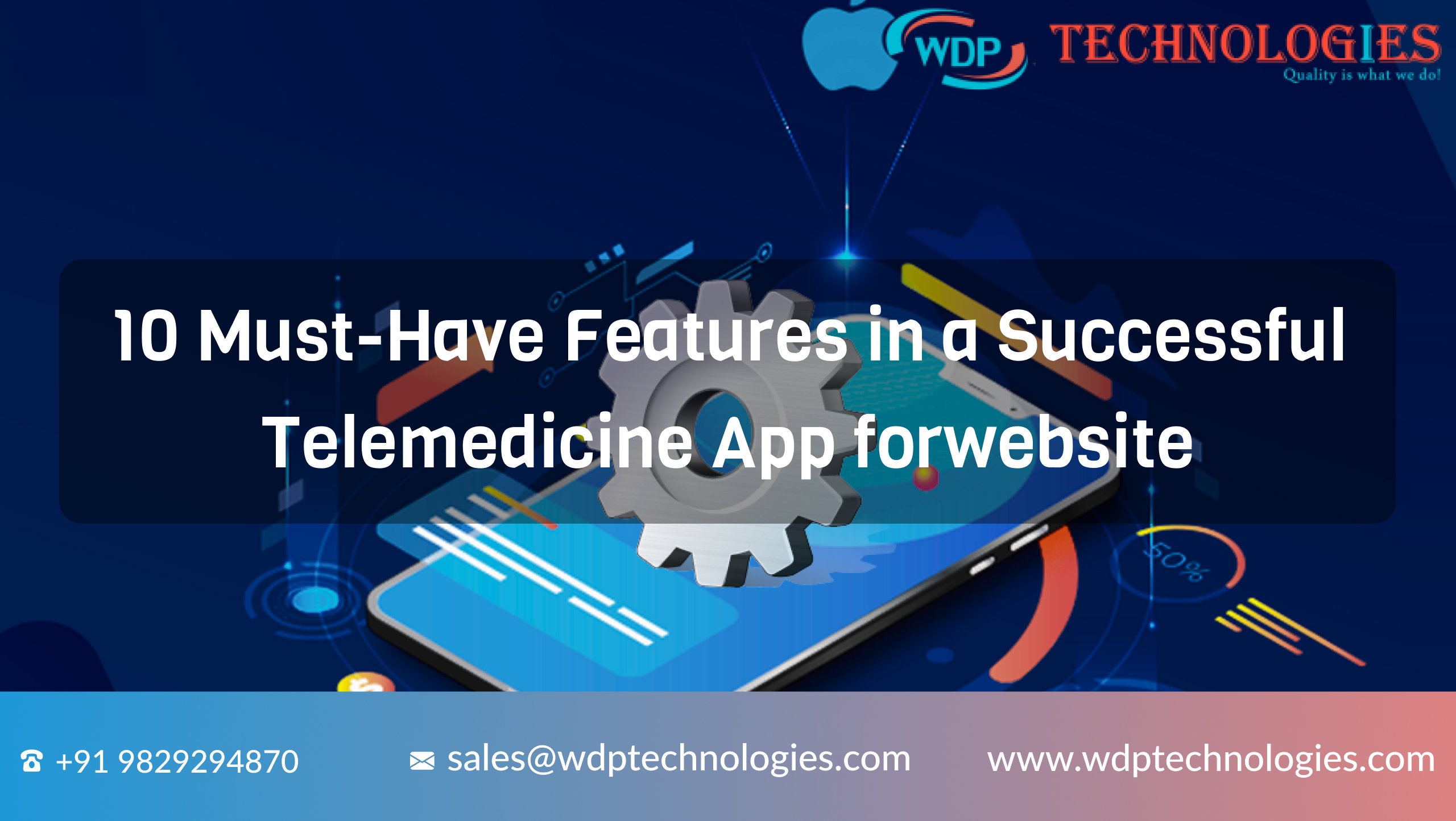Introduction
Salesforce is one of the most powerful customer relationship management (CRM) platforms, and its services play a crucial role in enhancing digital marketing efforts. By integrating Salesforce services into your digital marketing strategy, businesses can streamline processes, improve customer interactions, and drive more targeted, personalized campaigns. Here’s how Salesforce services impact and elevate digital marketing:
1. Centralized Customer Data Management
- Unified View of the Customer: Salesforce gathers customer data from various touchpoints (email, social media, website interactions, and more) into one unified platform. This gives marketers a comprehensive view of each customer’s journey, behaviors, preferences, and interactions with your brand.
- Data Segmentation: Salesforce’s powerful segmentation capabilities allow marketers to group customers based on criteria like purchase behavior, demographics, or engagement. This segmentation helps in crafting more personalized and relevant digital marketing campaigns.
2. Personalized Marketing Campaigns
- Tailored Messaging: Salesforce enables businesses to create highly targeted, personalized marketing campaigns. With access to detailed customer data, marketing teams can craft tailored email campaigns, content, and ads that resonate with individual needs and interests.
- Automated Email Marketing: Through Salesforce Marketing Cloud, automated email marketing campaigns can be set up based on customer actions or milestones, such as a welcome email for new subscribers, re-engagement emails, or product recommendations based on previous purchases.
3. Enhanced Customer Engagement
- Omni-channel Communication: Salesforce integrates with multiple communication channels, such as social media, email, websites, mobile apps, and even SMS. This allows businesses to engage customers on their preferred platforms, ensuring consistent and relevant messaging across all touchpoints.
- Real-Time Engagement: Salesforce tools like Service Cloud or Marketing Cloud allow for real-time engagement with customers. Whether it’s live chat support, push notifications, or real-time social media responses, businesses can foster stronger relationships with customers and address their needs promptly.
4. Lead Management and Nurturing
- Lead Capture and Qualification: Salesforce provides tools to capture and track leads through various digital channels, ensuring no opportunity is missed. Using artificial intelligence (AI) and automation, Salesforce can prioritize leads based on their likelihood to convert, allowing marketing teams to focus on high-value prospects.
- Lead Nurturing: Salesforce automates the lead nurturing process by sending timely, personalized content to guide leads through the sales funnel. This enhances the chances of converting leads into paying customers and improves the efficiency of digital marketing efforts.
5. Analytics and Reporting
- Data-Driven Insights: Salesforce provides powerful analytics tools to measure the performance of digital marketing campaigns. Marketers can track metrics like conversion rates, click-through rates, customer acquisition costs, and ROI, helping them understand which strategies are working and which need optimization.
- Real-Time Reporting: With Salesforce’s real-time reporting capabilities, businesses can quickly adjust their marketing strategies based on up-to-the-minute data, ensuring that campaigns are optimized for maximum effectiveness.
6. Integration with Third-Party Tools
- Marketing Cloud Integration: Salesforce’s Marketing Cloud integrates seamlessly with other tools in the marketing stack, including Google Analytics, social media platforms, advertising networks, and content management systems. This ensures a holistic view of the marketing activities and helps businesses optimize campaigns across multiple channels.
- Salesforce AppExchange: Salesforce offers a wide array of third-party applications via its AppExchange platform, allowing marketers to extend the functionality of Salesforce with tools that enhance digital marketing, such as social media scheduling, SEO tools, and customer review management.
7. Campaign Automation
- Automated Campaigns: Salesforce provides robust automation features, allowing marketing teams to run automated campaigns based on customer triggers. For example, if a customer abandons their shopping cart, Salesforce can trigger an automatic email reminder with an offer to encourage them to complete the purchase.
- Customer Journeys: Salesforce enables the creation of sophisticated customer journeys, allowing businesses to map out the entire customer experience. These journeys can be automated and personalized, improving customer satisfaction and increasing the chances of conversions.
8. Sales and Marketing Alignment
- Shared Data: One of the key benefits of using Salesforce for both sales and marketing teams is that they have access to the same data. This helps align the efforts of both departments, ensuring marketing strategies are designed to nurture leads effectively and sales teams can follow up with qualified leads.
- Collaborative Tools: Salesforce facilitates collaboration between sales and marketing teams through shared dashboards, notes, and task management. This ensures better coordination and more effective execution of marketing campaigns that convert into actual sales.
9. Social Media Marketing
- Social Media Integration: Salesforce Social Studio allows businesses to manage and track social media campaigns. By integrating social media data, marketers can understand customer sentiment, track engagement, and measure ROI directly from social media campaigns.
- Social Listening: Salesforce enables businesses to track social media conversations about their brand. Social listening helps marketers understand customer feedback, spot trends, and make adjustments to campaigns to better meet customer expectations.
10. Customer Retention and Loyalty
- Building Customer Loyalty: Salesforce offers tools that help businesses create loyalty programs and enhance customer retention through targeted marketing initiatives. Personalized offers, rewards, and communication-based on customer history help build long-term relationships.
- Post-Purchase Engagement: After the sale, Salesforce helps businesses stay connected with customers through feedback surveys, product recommendations, and exclusive offers, ensuring customers remain engaged and are more likely to make repeat purchases.
Conclusion
Salesforce services are an essential component in modern digital marketing, providing businesses with the tools they need to personalize, automate, and analyze their marketing efforts. By leveraging Salesforce, companies can improve customer engagement, enhance lead management, run targeted campaigns, and drive conversions. With its integrated solutions, Salesforce helps streamline marketing workflows, ensuring businesses stay competitive and continue to grow in the digital landscape.For more details, You can visit www.wdptechonologies.com












